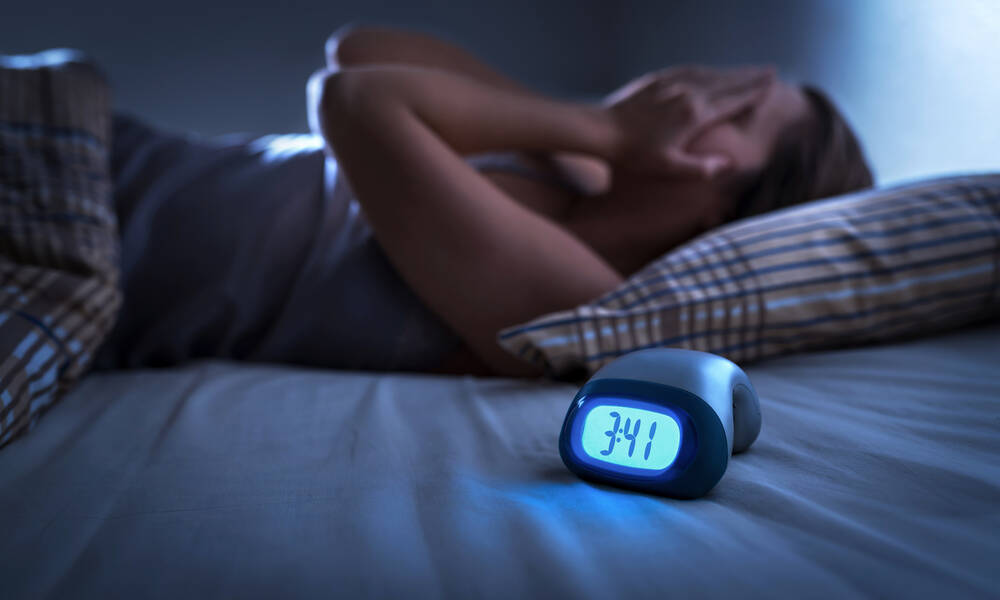
Sleep Groups Promote Solutions for Insomnia
Sometimes sleep doesn’t happen. Three associations are banding together to raise awareness about effective treatments for insomnia during an online evening event.
For many Americans, sleep is an elusive state even in the best of times. The global pandemic and national and world events have only exacerbated the causes of insomnia, which are often linked to stress and anxiety.
In an effort to raise awareness about insomnia, the American Academy of Sleep Medicine, the Society of Behavioral Sleep Medicine, and the American Alliance for Healthy Sleep will host Insomnia Awareness Night, beginning Monday, June 22, at 9 p.m. EDT, to highlight effective treatments to help people with chronic insomnia.
Insomnia is a pervasive problem in the U.S. According to AASM, SBSM, and AAHS:
- 30 to 35 percent of Americans have brief symptoms of insomnia
- 15 to 20 percent have a short-term insomnia disorder, which lasts less than three months
- 10 percent have a chronic insomnia disorder, which occurs at least three times per week for at least three months
- Insomnia can also have a negative impact on health by increasing the risk of depression and high blood pressure. Common symptoms of insomnia include an inability to focus or concentrate, poor memory, low motivation, and increased errors or accidents.
A 24-hour news cycle, social media, online streaming entertainment, and the temptation to binge-watch TV shows late into the night have not helped. “They are only are making it more challenging for people to observe healthy sleep habits,” said Thomas Heffron, AASM’s senior director of marketing and communications.
The good news is, there are solutions to this widespread problem. According to the groups, the first step to reduce symptoms of insomnia is to develop healthy sleep habits. Heffron said many people turn to sleep medications as a quick fix, but they are only a short-term treatment option. The groups recommend cognitive behavioral therapy as a treatment for chronic insomnia because it changes the psychological or behavioral components that are causing insomnia.
The flip side, Heffron said, is some people are actually sleeping more than they normally would during the shutdown. More people are working from home, they no longer have long commutes, and they often have more flexible work schedules, which has led to more natural sleep schedules—and better sleep. Teens, who become more nocturnal in adolescence, have also benefited from the adjusted sleep and wake times.
But for the large number of people who do experience insomnia, help is on the way with Insomnia Awareness Night—which will be held in the evening to tap into all those people who can’t sleep. Now, instead of counting sheep or staring at the ceiling, people with insomnia can get resources to help them sleep better, longer, and more peacefully.
(Tero Vesalainen/iStock/Getty Images Plus)






Comments